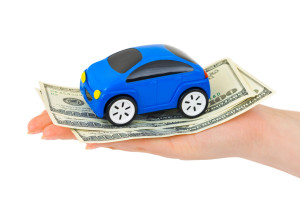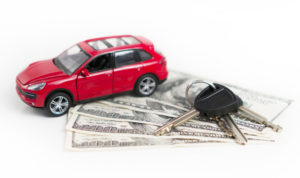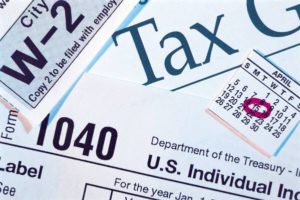 Today’s top story: Should you get travel insurance for your spring break trip? Also in the news: Credit cards charge ahead with rewards for driving electric, what you need to know about multicurrency accounts, and 4 ways to save on bachelor and bachelorette parties.
Today’s top story: Should you get travel insurance for your spring break trip? Also in the news: Credit cards charge ahead with rewards for driving electric, what you need to know about multicurrency accounts, and 4 ways to save on bachelor and bachelorette parties.
Should You Get Travel Insurance for Your Spring Break Trip?
Check what coverage you might already have before deciding to purchase additional insurance.
Credit Cards Charge Ahead With Rewards for Driving Electric
https://www.nerdwallet.com/article/credit-cards/why-credit-cards-are-charging-ahead-with-ev-related-rewards?utm_campaign=ct_prod&utm_source=syndication&utm_medium=wire&utm_term=lizlizweston-com&utm_content=1132190
Automakers see a future with a lot more electric vehicles, and credit cards are starting to plug incentives for drivers who make the switch.
Multicurrency Account: What Is It and How Does It Work?
A multicurrency account lets you spend and hold different currencies to make managing life or work abroad easier.
4 Ways to Save Money on Bachelor or Bachelorette Parties
They’re not getting any cheaper.
 Today’s top story: 5 common objections to buying an electric car, debunked. Also in the news: How to Avoid Long Lines at Rental Car Counters, Financial Therapists Say to Disrupt Debt Cycle, Look at Your Money Beliefs, and 10 Easy Tricks for Saving Money on Travel.
Today’s top story: 5 common objections to buying an electric car, debunked. Also in the news: How to Avoid Long Lines at Rental Car Counters, Financial Therapists Say to Disrupt Debt Cycle, Look at Your Money Beliefs, and 10 Easy Tricks for Saving Money on Travel. Today’s top story: How to harness your HSA’s superpowers. Also in the news: A scam alerts on the Child Tax Credit, how to avoid costly home selling mistakes, and in a hot used-car market, used electric cars can be a deal.
Today’s top story: How to harness your HSA’s superpowers. Also in the news: A scam alerts on the Child Tax Credit, how to avoid costly home selling mistakes, and in a hot used-car market, used electric cars can be a deal.  Today’s top story: How to be a better long-distance caregiver. Also in the news: 4 tips for small-business owners paying down pandemic debt, how to buy an electric car, and how to avoid paying a penalty if you filed your taxes late.
Today’s top story: How to be a better long-distance caregiver. Also in the news: 4 tips for small-business owners paying down pandemic debt, how to buy an electric car, and how to avoid paying a penalty if you filed your taxes late.  Today’s top story: Coronavirus prompts a welcome change to a holiday travel dilemma. Also in the news: Picking a pandemic side gig takes hustle, is it finally time to buy an electric car, and the ten best financial rules of thumb.
Today’s top story: Coronavirus prompts a welcome change to a holiday travel dilemma. Also in the news: Picking a pandemic side gig takes hustle, is it finally time to buy an electric car, and the ten best financial rules of thumb. Today’s top story: 5 reasons to lease – not buy – your electric car. Also in the news: CD early withdrawal penalties can cost you, how to read between the lines of Airbnb listings, and nearly 100,000 members of Generation Z already own a home.
Today’s top story: 5 reasons to lease – not buy – your electric car. Also in the news: CD early withdrawal penalties can cost you, how to read between the lines of Airbnb listings, and nearly 100,000 members of Generation Z already own a home.